Bearded dragons are beloved pets known for their curious nature and vibrant personalities. As responsible reptile owners, providing a balanced and nutritious diet is essential to keep them healthy and happy. If you’ve ever wondered, can bearded dragons eat squash? you’re not alone. Squash, with its bright colors and crunchy texture, seems like a tempting addition to their meals. But is it safe? And how does it benefit your scaly friend?
In this guide, we’ll explore everything you need to know about feeding squash to bearded dragons—from its nutritional value and preparation tips to the health benefits and potential concerns. Whether you’re a new owner or looking to diversify your dragon’s diet, this article will help you make informed, confident choices that support your pet’s well-being.
Can Bearded Dragons Eat Squash? Understanding the Basics
Squash is a popular vegetable in many diets and often considered for reptile feeding due to its texture and nutritional benefits. Understanding the types of squash and their nutritional value helps ensure you provide a safe and healthy treat for your bearded dragon. Let’s explore what makes squash suitable for your pet.
What Types of Squash Are Safe for Bearded Dragons?
Not all squashes are created equal when it comes to feeding bearded dragons. The most common safe varieties include butternut squash, acorn squash, and summer squash such as zucchini and yellow squash. These types are low in harmful compounds and provide essential nutrients without posing a risk. Avoid feeding ornamental or wild varieties as their safety is less certain. Always source fresh, organic squash when possible to minimize pesticide exposure.
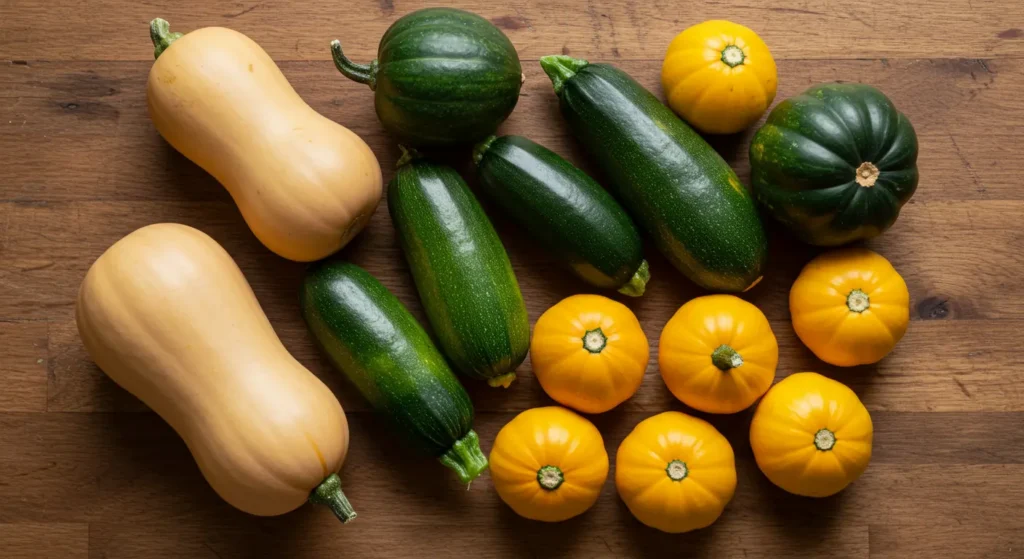
Nutritional Profile of Squash: Vitamins and Minerals
Squash contains a variety of vitamins and minerals important for reptile health. It is rich in vitamin A, which supports vision and immune function, and provides vitamin C for overall cellular health. Squash also delivers minerals such as calcium and potassium. However, some types have a higher phosphorus content, so feeding in moderation is key to maintaining a healthy calcium-to-phosphorus balance in your bearded dragon’s diet.
The Role of Squash in a Bearded Dragon’s Diet
Squash can be a beneficial addition to your dragon’s diet as a source of hydration and fiber. It helps diversify their vegetable intake and provides a crunchy texture that can stimulate natural feeding behaviors. While squash should not replace staple greens or protein sources like insects, it is an excellent occasional treat that complements a balanced, varied diet.
How to Safely Feed Squash to Your Bearded Dragon
Feeding squash safely requires knowing how to prepare it properly and understanding how much to offer. These factors ensure your pet gets the most benefit without digestive upset or nutritional imbalance. Here’s what to consider when adding squash to their meals.
Preparing Squash: Raw vs Cooked — What’s Better?
Bearded dragons generally benefit from raw squash because it preserves nutrients like vitamin C, which can degrade with cooking. Raw squash also offers more fiber, aiding digestion. However, lightly steaming squash can soften it for dragons that are older or have dental sensitivity. Avoid adding oils, salts, or seasonings, as these can be harmful. Always wash squash thoroughly to remove any residues before serving.
Portion Sizes and Feeding Frequency Guidelines
Squash should be offered in small, manageable portions appropriate to your dragon’s size. For juveniles, a teaspoon-sized serving once or twice a week is sufficient, while adults can have slightly larger amounts occasionally. Overfeeding squash or any vegetable high in phosphorus can lead to nutritional imbalances. Moderation ensures your bearded dragon receives varied nutrients without risk.
Signs Your Dragon Likes or Dislikes Squash
Observing your bearded dragon’s behavior during feeding helps you gauge their preference. Signs of liking include eagerly approaching the food, actively chewing, and finishing the portion. Disinterest might show as ignoring the squash, turning away, or pushing it aside. If your dragon consistently rejects squash, consider trying different types or preparations, but never force-feed.
The Health Benefits of Squash for Bearded Dragons
Squash offers several health benefits beyond basic nutrition. Its fiber content supports digestion, while its moisture contributes to hydration. When fed correctly, squash can help maintain strong bones and overall vitality. Let’s look deeper into these advantages.
Fiber Content and Digestive Health
Fiber in squash promotes healthy digestion by aiding in regular bowel movements and preventing constipation. It also helps maintain gut flora balance, which is essential for nutrient absorption. Including squash occasionally in your dragon’s diet can contribute to smoother digestion, especially when combined with other fibrous vegetables.
Squash as a Hydrating Food Source
Hydration is crucial for bearded dragons, especially in dry environments or when they are not drinking enough water. Squash contains a high water content that supplements your pet’s fluid intake naturally. Offering squash can be an effective way to keep your dragon hydrated, particularly during warmer months or shedding periods.
Supporting Bone Health: Calcium and Phosphorus Balance
Bone health in bearded dragons depends largely on calcium intake and the calcium-to-phosphorus ratio in their diet. Squash provides calcium but also contains phosphorus, which can inhibit calcium absorption if consumed excessively. Feeding squash in moderation and balancing it with calcium-rich foods and supplements supports healthy bone development and prevents metabolic bone disease.
Common Concerns When Feeding Squash to Bearded Dragons
While squash can be a nutritious addition to your bearded dragon’s diet, there are some important considerations to keep in mind. Understanding these concerns helps you avoid health risks and ensures your pet thrives. Let’s address the key issues related to feeding squash safely.
Understanding Oxalates and Their Effects
Oxalates are naturally occurring compounds found in some vegetables, including certain types of squash. High oxalate levels can bind with calcium in the digestive tract, reducing its absorption and potentially leading to calcium deficiencies. While common squash varieties like butternut and acorn squash are generally low in oxalates, it’s wise to feed squash in moderation and rotate with other low-oxalate veggies to maintain optimal calcium uptake.
Avoiding Vitamin A Toxicity with Squash and Other Veggies
Squash contains vitamin A, which is essential but can be toxic in excessive amounts. Overfeeding vitamin A-rich vegetables can lead to hypervitaminosis A, causing symptoms such as lethargy and swollen joints in bearded dragons. Balance squash intake with other vegetables and follow recommended feeding frequencies. Consult your vet if you’re unsure about your dragon’s vitamin A levels.
Potential Allergies or Digestive Issues
Although rare, some bearded dragons may develop allergies or sensitivities to certain vegetables, including squash. Watch for signs like vomiting, diarrhea, or unusual behavior after feeding squash. If you notice adverse reactions, discontinue feeding squash and seek veterinary advice. Gradually introducing new foods and observing your dragon’s response helps minimize digestive upset.
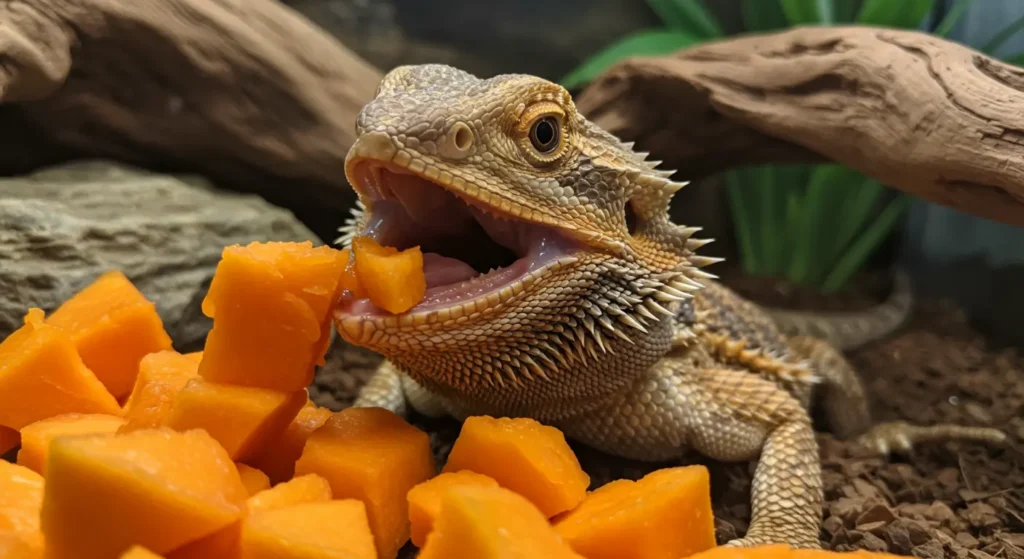
Building a Balanced Diet: Incorporating Squash with Other Vegetables
Creating a well-rounded diet is key to your bearded dragon’s health. Squash should complement a variety of other vegetables, along with protein sources, to meet all nutritional needs. Here’s how to integrate squash effectively into your pet’s meals.
Best Complementary Vegetables to Pair with Squash
Squash pairs well with leafy greens like collard greens, mustard greens, and dandelion greens, which offer high calcium and low phosphorus. Other vegetables such as bell peppers, carrots, and green beans add variety and additional nutrients. Rotating vegetables prevents dietary monotony and reduces the risk of nutrient imbalances.
Another great veggie to consider is zucchini—can bearded dragons have zucchini? Here’s why it’s a safe and nutritious choice.
Insect and Protein Intake Alongside Veggies
While vegetables provide essential vitamins and fiber, protein from insects is vital for growth and muscle maintenance. Common feeder insects include crickets, dubia roaches, and mealworms. Ensure a balanced feeding schedule where protein and vegetables are offered according to your dragon’s age and health status to support overall development.
Monitoring Your Bearded Dragon’s Overall Nutrition
Regularly assessing your bearded dragon’s health, weight, and activity levels helps ensure their diet meets their needs. Keep track of the types and amounts of squash and other foods you provide. If you notice any health changes, consult a reptile-savvy veterinarian for dietary adjustments. A balanced, varied diet combined with proper care promotes a long, healthy life for your bearded dragon.
Conclusion
Squash can be a wonderful, nutritious addition to your bearded dragon’s diet when offered thoughtfully and in moderation. Rich in vitamins, minerals, and hydration, it adds valuable variety and texture that many dragons enjoy. By choosing safe squash varieties, preparing it properly, and balancing it with other vegetables and protein sources, you support your pet’s overall health and wellbeing.
Remember to watch for any signs of intolerance or dietary imbalance and consult your reptile veterinarian if you have concerns. With the right approach, squash becomes a colorful, crunchy delight that enhances your bearded dragon’s meals and keeps them thriving for years to come.
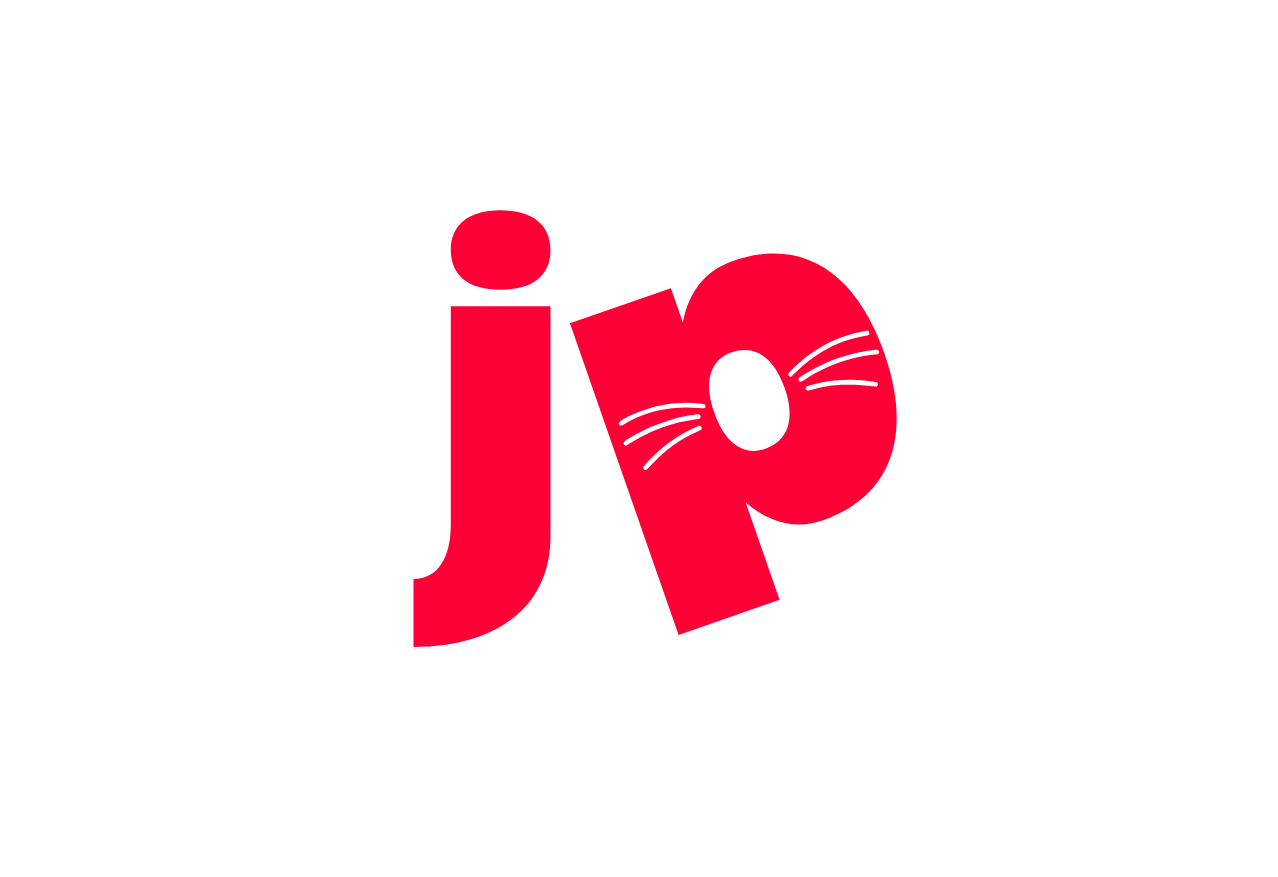
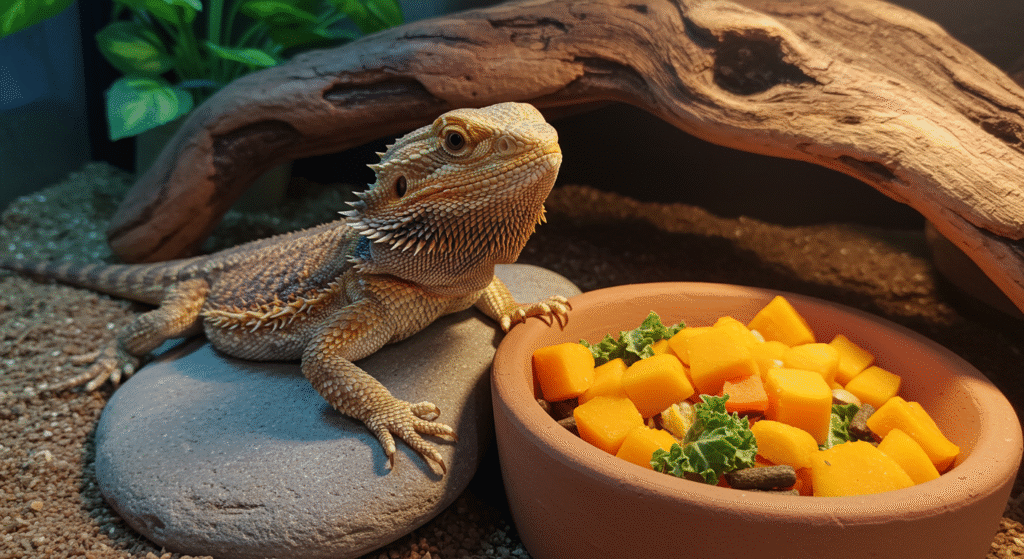
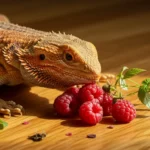
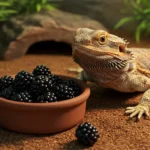
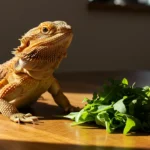
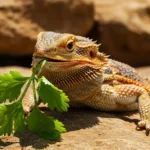
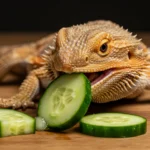
6 thoughts on “Can Bearded Dragons Eat Squash? A Colorful, Crunchy Delight”